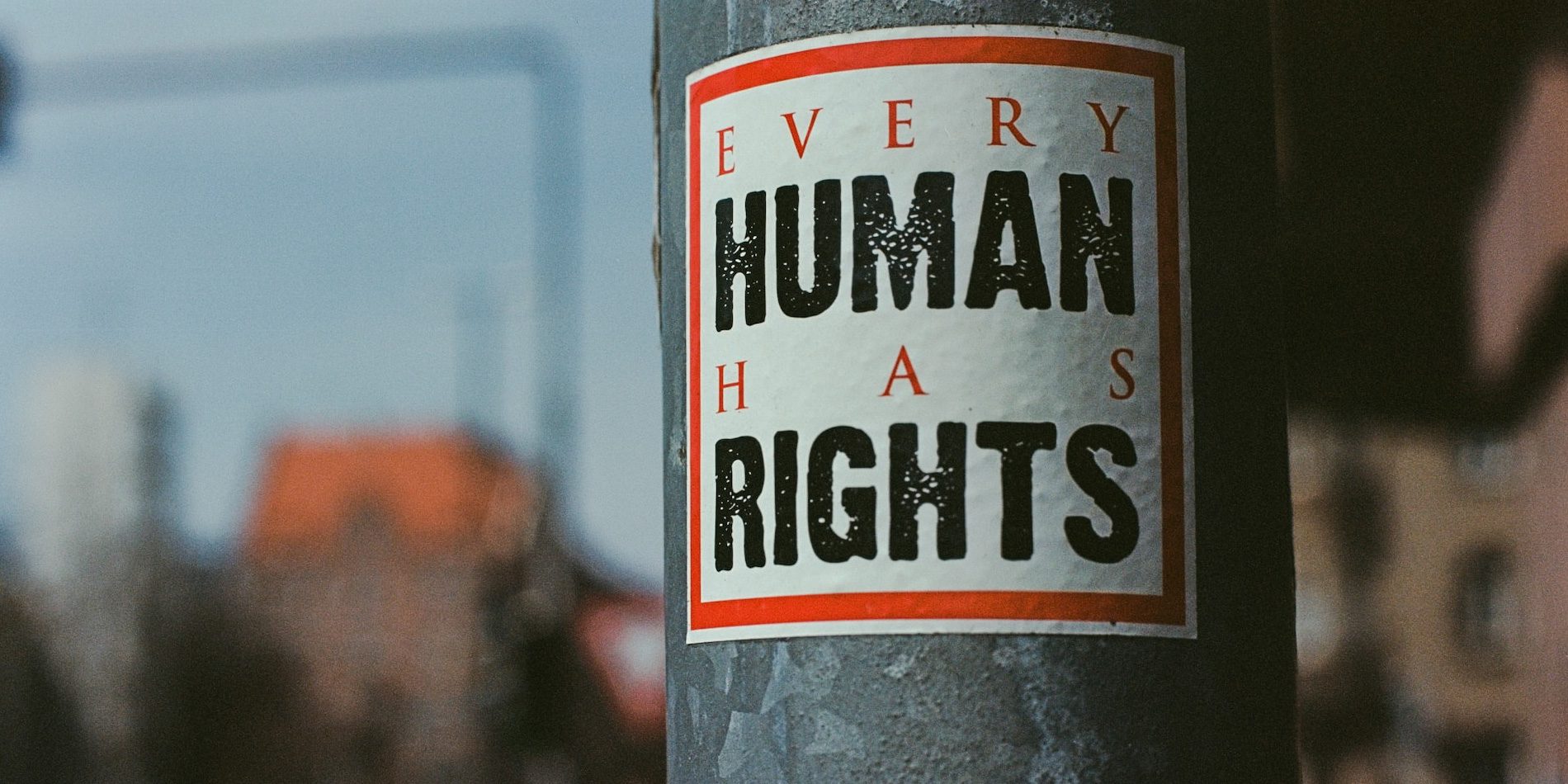View by Topic
Recent Articles
-
Congress Blocks California’s Gasoline Car BanSaturday, May 31st, 2025
-
EPA Will Keep Current Limits for “Forever Chemicals” in Drinking WaterSaturday, May 24th, 2025
-
Court Indefinitely Pauses SEC Climate Rule LitigationSaturday, May 17th, 2025
-
Maryland is About to Regulate Mold But is the Cart Before the HorseSaturday, May 10th, 2025
View by Month/Year
“Green Building Law Update” Headlines
Recent Articles & News from
Stuart Kaplow’s blog
at GreenBuildingLawUpdate.com
- Congress Blocks California’s Gasoline Car Ban: A Legal and Policy Analysis June 1, 2025
- EPA Will Keep Current Limits for “Forever Chemicals” in Drinking Water May 25, 2025
- Court Indefinitely Pauses SEC Climate Rule Litigation May 18, 2025
- Maryland is About to Regulate Mold: But is the Cart Before the Horse? May 11, 2025
Subscribe to the Green Building Law Update!
Stuart Kaplow brings his expertise and extensive experience to the table with his unique digital publication, "Green Building Law Update". Subscribers receive regular updates to keep them informed about important issues surrounding Environmental Law, Green Building & Real Estate Law, as well as the emerging demand for Environmental Social Governance (ESG).
Get fresh content through the lense of Stuart Kaplow's cutting-edge expertise, innovative commentary and insider perspective. Don't miss another issue! Subscribe below.

German Law a Model for Safeguarding Human Rights in Supply Chains
While the new German law does have regulatory ramifications across the globe, in particular for suppliers to German companies, more significant is that it is being heralded as articulating a replicable ESG standard for safeguarding human rights in business supply chains by businesses that believe profits should come not from creating the world’s problems, but from solving them.
An example of the breadth of this law widely cited in German media is, in the event a German newspaper publishes information about human rights abuses in mines in Congo, the source of cobalt for EV batteries which batteries are purchased from a Chinese battery manufacturer by Volkswagen, then the law requires Volkswagen to conduct a supply chain risk analysis.
It is suggested other countries should emulate Germany, but there appears to be little political will by governments to do the right thing in this age when the lowest first price wins out above all and at a time when global supply chains transect a flat earth.
Thus, there is the opportunity for businesses to lead by treating people the way they want and need, or what some call the Platinum Rule (a twist on the Golden Rule, where you treat people the way you want to be treated).
With no morally defensible reason for not doing everything in our power to end human rights violations, including for the more than 50 million people living in modern slavery (.. think solar panels and cocoa, construction materials and batteries), the German law provides an ESG map and compass, if not marking a step by step trail for nongovernment organizations.
The Lieferkettensorgfaltspflichtengesetz (LkSG) or Act on Corporate Due Diligence in Supply Chains (Supply Chain Due Diligence Act) became effective on January 1, 2023. The Supply Chain Due Diligence Act’s objective is to safeguard human rights and the environment in the global economy more effectively (.. although for the purposes of this post, we will focus on the human rights prohibitions). It obligates companies with 3,000 or more employees in Germany (maybe 600 companies), starting January 1, 2024, the number of employees is reduced to 1,000 (maybe 2,900 companies), and after an evaluation before 2026 expanding to smaller companies, to take “appropriate measures” to respect human rights and the environment within their supply chains “with the goal to prevent or minimize risks related to human rights or the environment or end the violation of duties related to human rights or the environment.” (Supply Chain Due Diligence Act art. 1, §§ 1, 3.)
We have blogged on more than one occasion about Doing Something about Modern Slavery in Your Business Supply Chain, but this law is far broader. A risk related to human rights is defined as “a situation in which there is a sufficient degree of probability based on factual indications that a violation of one of the following prohibitions will occur:”
- Prohibition on employing a child of 15 years or younger.
- Prohibition of the worst forms of child labor of children under 18 in accordance with the ILO Convention on Worst Forms of Child Labor, 1999 (No. 182).
- Prohibition of forced labor.
- Prohibition of all forms of slavery or similar practices of domination or oppression at work.
- Prohibition on disregarding the local applicable rules on workplace safety and working conditions if this could lead to workplace accidents or work-related health risks.
- Prohibition on disregarding freedom of association.
- Prohibition of employment discrimination.
- Prohibition of wage discrimination.
- Prohibition on causing harmful .. noise emission, or overconsuming water, which severely impairs the natural resources necessary to preserve or produce food, denies access to drinking water, destroys or impedes access to hygiene facilities, or has harmful effects on human health.
- Prohibition on those who acquire, develop, or otherwise use land, forest, or water from unlawfully evicting persons from or depriving them of the use of such land, forest, or water when those persons are dependent on the land, forest, or water for their livelihood.
- Prohibition on commissioning or using private or public security forces to protect a business project if, due to a lack of control, the security forces will infringe the prohibition on torture, harm life or limb, or interfere with freedom of association and the right to collective bargaining.
- Prohibition of an action or inaction that is directly capable of infringing a protected legal interest in a particularly serious manner and whose illegality is obvious, taking into account all circumstances. (§ 2, para. 2.)
Companies within the scope of the Act (including many American companies that supply goods and services to German companies) must set up specific due diligence procedures to safeguard human rights, beyond simply establishing a risk management system, but also including: Taking remedial actions if a violation has already occurred or is imminent; Establishing due diligence procedures regarding risks associated with indirect suppliers that will be applied when the company has substantiated knowledge of a violation; and, Document the company’s due diligence procedures, risks identified, and measures taken, and then publish a yearly report on its website, which must be free of charge and publicly available. (§ 3.)
Companies can be fined. Large companies with an annual global turnover or more than 400 million euros (about US$475 million) can be required to pay fines of up to 2% of their annual global turnover. (§ 24.) Furthermore, companies that have been fined a minimum of 175,000 euros (about US$208,000) can be excluded from public procurement for up to three years. (§ 22.)
Companies that violate the Act are not civilly liable (§ 3, para. 3.), however, when a person’s “legal interest of paramount importance” protected in one of several international agreements has been violated, that person may authorize a nongovernmental agency or trade union to sue on his or her behalf. (§ 11.) Such protected legal interests of paramount importance include life and limb.
While there are modest anti modern slavery laws in the UK and a much scaled back enactment in California (there is legislation pending in Canada), there has been very little uptake by governments.
As businesses consider human rights in 2023, a paraphrasing of the first century Rabbi of Tarfon seems somehow appropriate, “it is not your responsibility to finish the work of repairing the world, but you are not free to desist from it either.” We believe strongly that human rights are much more than a business’ pursuit of the S in ESG, and this new German law provides all organizations with a guide on how you can now examine and assess your business practices including your supply chain.
We can assist your business in complying with this and other human rights laws and more than that for those that want to be among the winning companies of the future we would be pleased to share practical steps and best practices in anti modern slavery efforts as you work to repair the world.
A live webinar “New Rules for Environmental Site Assessments,” 30 talking points in 30 minutes, Tuesday, February 21 at 9 am EST presented by Stuart Kaplow and Nancy Hudes on behalf of ESG Legal Solutions, LLC. The webinar is complimentary, but you must register here.









